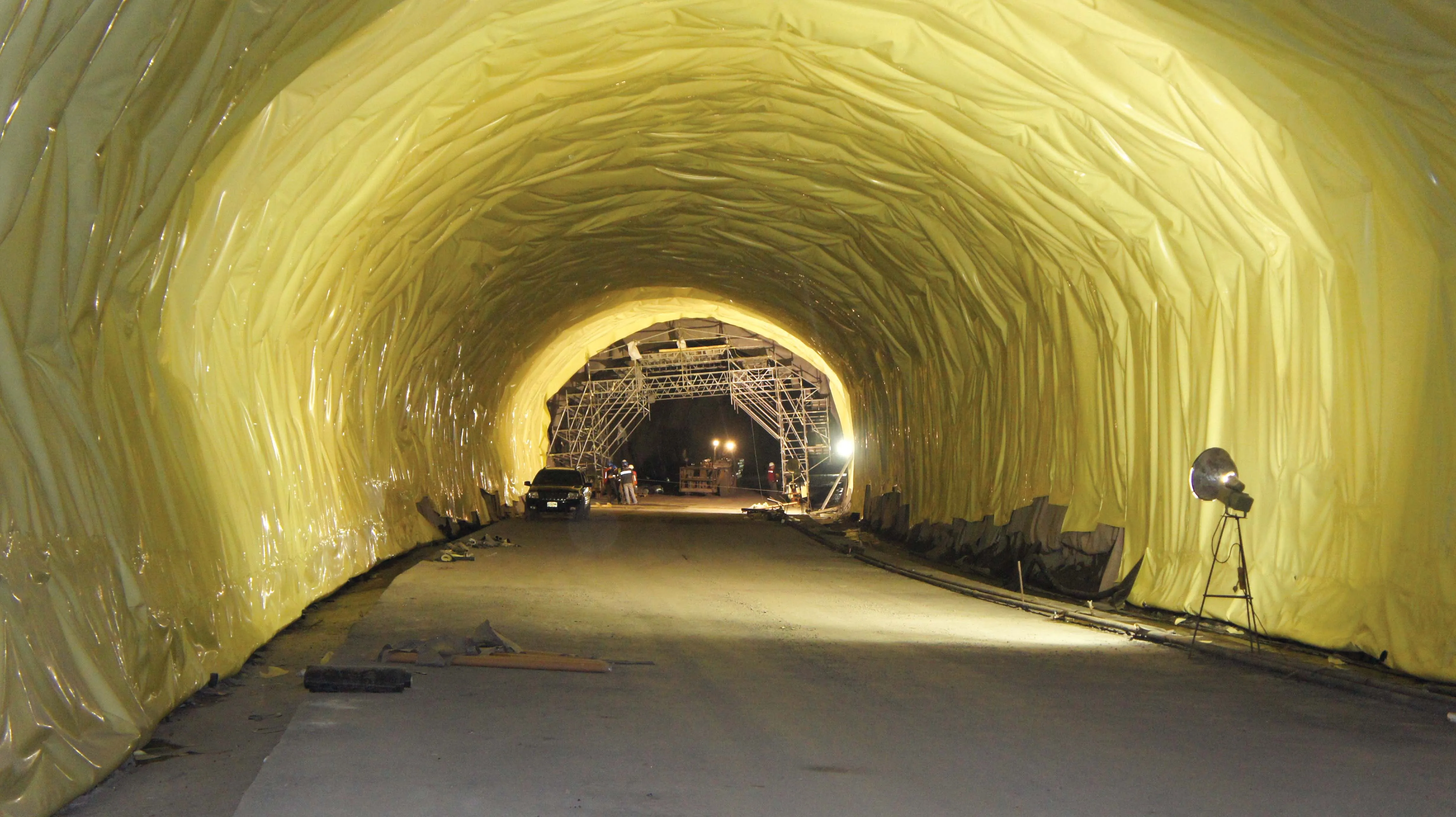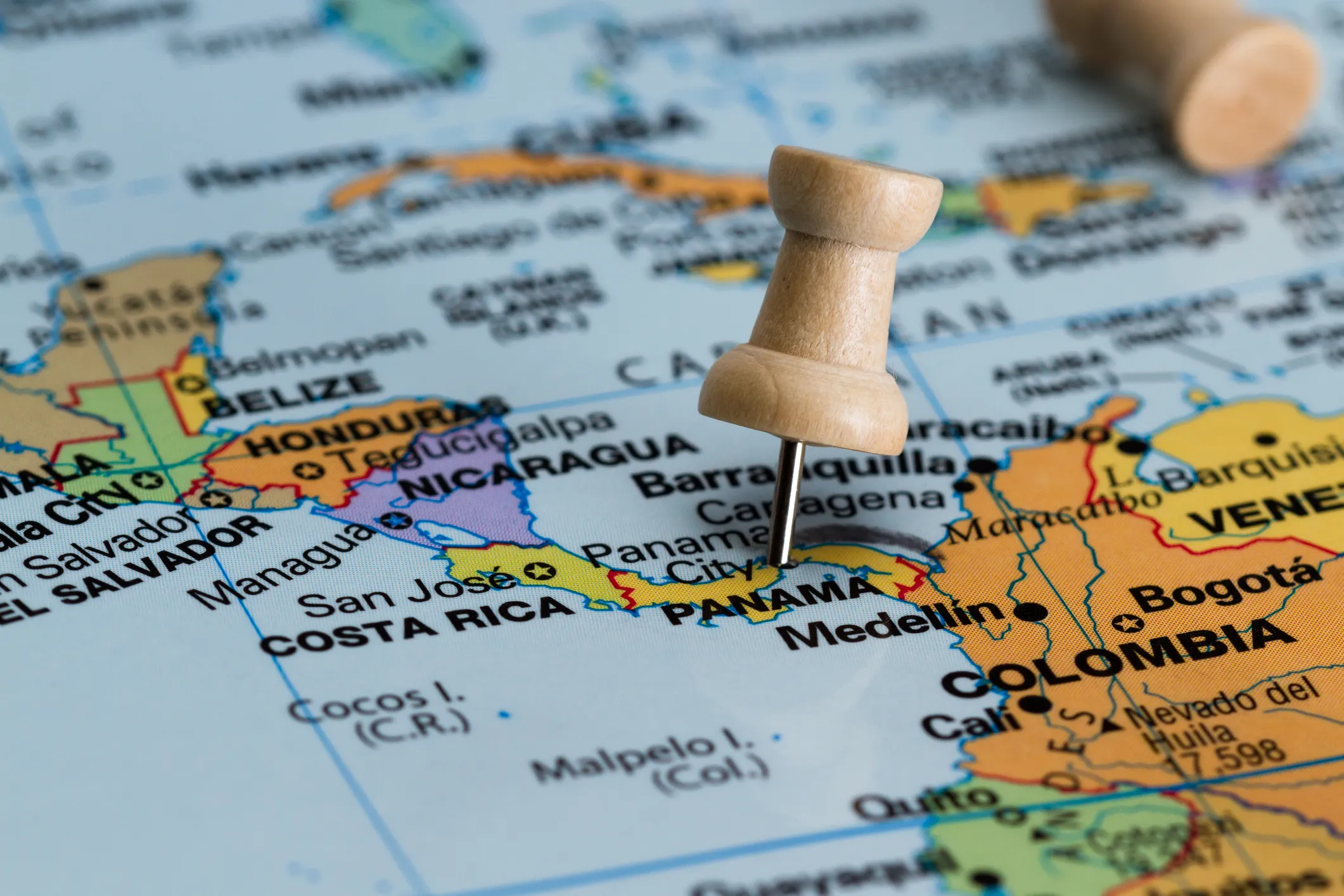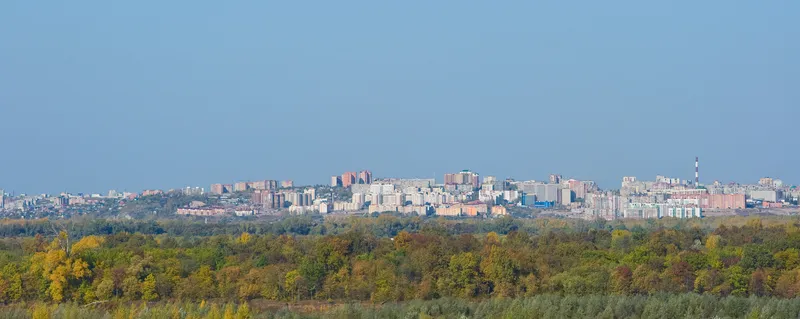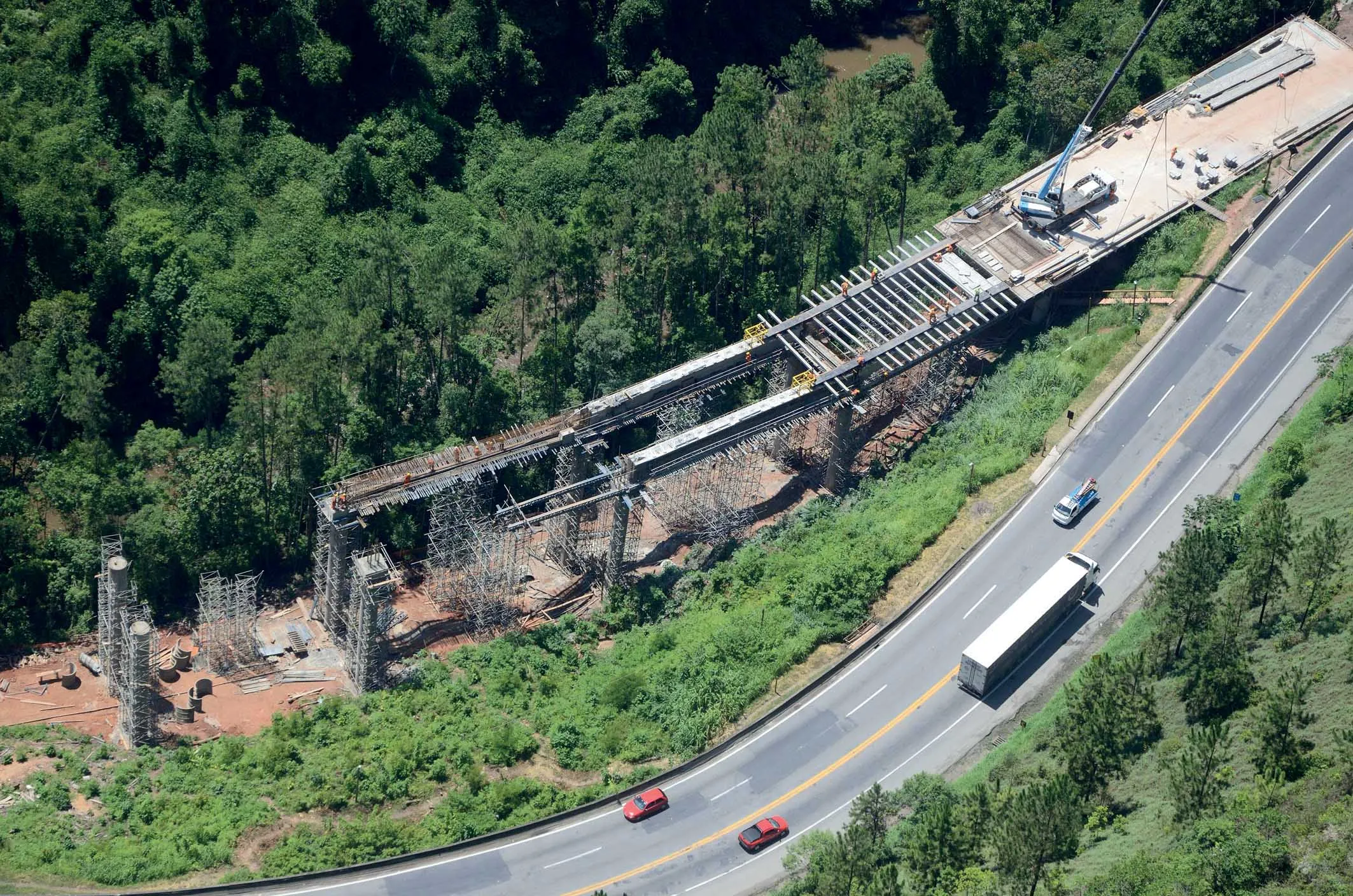A US$332 million loan from Brazil will help build a highway between Villa Tunari and San Ignacio de Moxos in Bolivia. The project will cost over $1 million/km while the 306km highway will cost $415 million and the new link will be built by Brazilian firm OAS.
February 8, 2012
Read time: 1 min
A US$332 million loan from Brazil will help build a highway between Villa Tunari and San Ignacio de Moxos in Bolivia. The project will cost over $1 million/km while the 306km highway will cost $415 million and the new link will be built by Brazilian firm 1511 OAS. Meanwhile Bolivian road management body 1512 ABC has picked the firms that will build the three sections of the highway between La Paz and Oruro. The project has a budget of $252 million and will be built over four years. Of the six companies which submitted bids for the highway between La Paz and Oruro, three were awarded deals to build different sections of the route. Santa Fe y Asociados won the deal for the section between Senkata and Mantecani; Brabol the one for Mantecani and Lekepampa; Cartellone-CIABOL the one for the final section of the highway.









